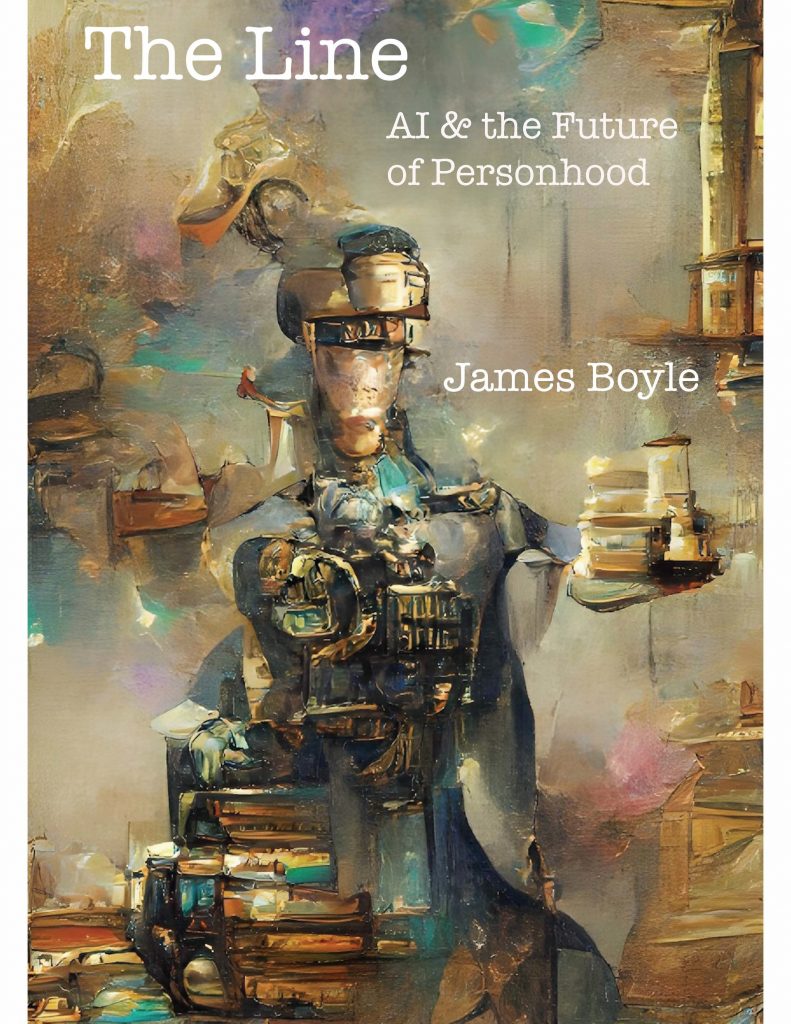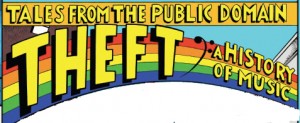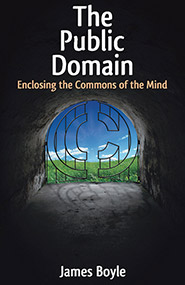 August 28th, 2013 is the 50th anniversary of Martin Luther King’s “I Have a Dream” speech. The copyright in the speech is administered by EMI, with the consent of the King family. Thus the speech may not be freely played on video or reproduced and costlessly distributed across the nation — even today. Its transient appearance depends on the copyright owner’s momentary sufferance, not public right. It may disappear from your video library tomorrow. It has even been licensed to advertise commercial products, including cars and mobile phone plans. Few would object if Dr. King’s family used their rights to protect his legacy or to fund the civil rights movement. But mobile phones? Really? I was moved by the idea that perhaps this does not fully represent the set of awe-inspiring ideals Dr. King laid out and that — as a nation — we might do better. What’s next? “‘The Gettysburg Address’ brought to you by Samsung because ‘governance of the plasma TV by the universal remote shall not vanish from the Earth?’ All Rights Reserved?”
August 28th, 2013 is the 50th anniversary of Martin Luther King’s “I Have a Dream” speech. The copyright in the speech is administered by EMI, with the consent of the King family. Thus the speech may not be freely played on video or reproduced and costlessly distributed across the nation — even today. Its transient appearance depends on the copyright owner’s momentary sufferance, not public right. It may disappear from your video library tomorrow. It has even been licensed to advertise commercial products, including cars and mobile phone plans. Few would object if Dr. King’s family used their rights to protect his legacy or to fund the civil rights movement. But mobile phones? Really? I was moved by the idea that perhaps this does not fully represent the set of awe-inspiring ideals Dr. King laid out and that — as a nation — we might do better. What’s next? “‘The Gettysburg Address’ brought to you by Samsung because ‘governance of the plasma TV by the universal remote shall not vanish from the Earth?’ All Rights Reserved?”
Now, if EMI, or the United States archives, or the NAACP, were to offer to buy from the King family the rights to the speech and to release it into the public domain, to the realm of the free? Or if we were to decide that straightforward reproduction of vital cultural moments such as this, simply to grant access and not to tout some product, is a clear and unequivocal “fair use”? That would be a different story. But until then…? Here is the world we live in now.
(EM)I Has A Dream
James Boyle
I have a dream, an Ambien™ fuelled, Tempurpedic™ enabled dream, that banishes insomnia courtesy of great pharma and NASA-developed memory foam.
I have a dream that one day my children will be judged, not by the color of their skin, but by the contents, the overflowing and bounteously lucrative contents, of their intellectual property portfolio, managed by EMI (“Making your ideas work for you.”)
I have a dream that one day on the red hills of Georgia, the sons of former civil rights leaders and the sons of former record executives will be able to sit down together at the table of brotherhood, in order to discuss how this speech could be used to sell cars. (“Mercedes™! The future of the automobile opportunistic cultural appropriation!”)
But somehow, just somehow, that doesn’t seem the right way to honour this great legacy, this great man, this magnificent speech. Let us start again.
Five tens of years ago, a great American, in whose symbolic shadow we stand today, wrote this speech. This momentous oratory came as a great beacon light of hope to millions of African-Americans. It came as a joyous daybreak to end the long night of their captivity. Fifty years later, that speech still is not free. Fifty years later, the life of the speech is still sadly crippled by the manacles of corporate ownership and the chains of take-down letters. Fifty years later, the speech lives on a lonely island of property rights in the midst of a vast ocean of the culture it influenced. And I say, let freedom ring. Not the chirpy ring of the Cingular wireless phone his words were actually used to advertise, but the idea of freedom for which he stood.
And when this happens, and when we allow freedom to ring, when we let it ring from every village and every hamlet, from every state and every city, we will be able to speed up that day when all of God’s children, black men and white men, Jews and Gentiles, Protestants and Catholics, will be able to join hands and actually use the words of this speech.
Then, and only then, we will be able to say, “We have a dream. And no one owns it. Free at last, thank God Almighty, we are free at last!”
(When I finish this posting and attempt to post it on the Huffington Post website, the interface asks me to link to associated images by searching key terms. I search, logically enough, “Martin Luther King “and get the following response “There are no royalty free images corresponding to the search term entered. Please try with another keyword.” Ah well. Let freedom Ka-Ching.)
James Boyle is the William Neal Reynolds Professor of Law at Duke Law School and the founder of the Center for the Study of the Public Domain. His columns represent his personal views alone.







